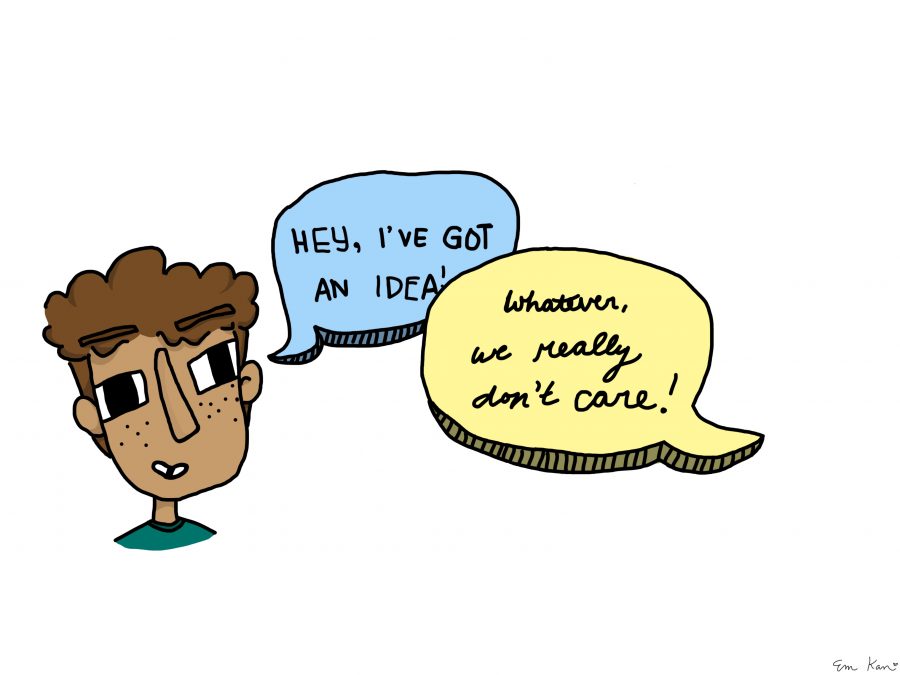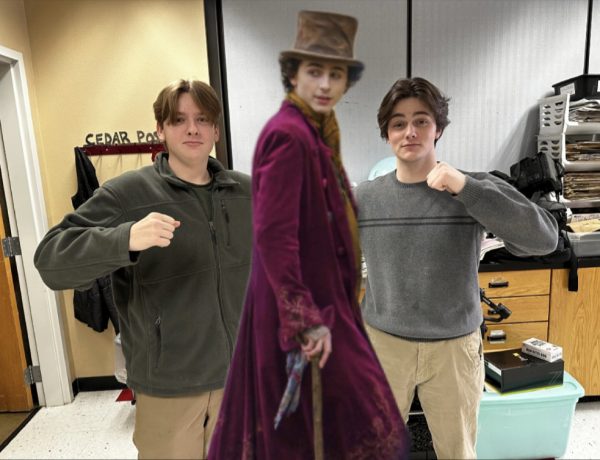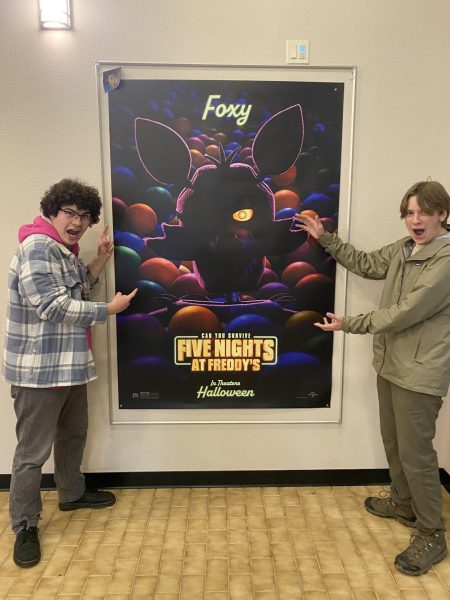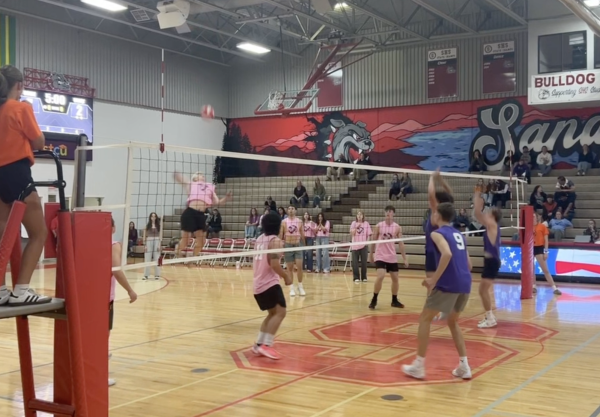OUR VIEW: LOST ART OF LISTENING
Regardless of who they are, everyone wants to be heard. That is the reason for speech, protest and voting, and people are great at those things, but do they listen when it is their turn? People today have a bad habit of listening to reply, not to understand, and that is where the art of listening gets lost.
So many people today seem almost unable to listen to different perspectives or are simply too distracted or involved with their own lives to hear others. This inability to listen has aided in creating a hostile political environment in the US. There may be informed and civil political debates everyday on the floor of the House and the Senate, but schools and workplaces lack the same type of discussion.
This lack of listening isn’t always intentional; people are often so concentrated on their own lives and beliefs that they don’t see those of the people around them, and this problem isn’t limited to politically charged discussions.
Interviews and observations of many who have worked in corporate America show that even the most professional, accomplished and hardworking people can have a difficult time listening and comprehending the viewpoints and ideas of others.
Listening may be the most underrated quality in a leader or just in people in general. In order to truly understand a subject, your main goal should be to listen and learn from someone who may be more educated than you. Even if a person isn’t educated as educated as you, hearing them out might be to your benefit. If their argument is good, you’ve learned something. If the argument they’re making is bad, then you can them help them understand how and why their argument is flawed and solidify your own. Some of the best arguments actually start as counterclaims to an argument given.
So often people’s ideas are discarded and ignored in group discussions and it’s not always obvious that this is happening. Maybe there wasn’t a pause to let someone speak, maybe there wasn’t time set aside for discussion, or maybe someone’s ideas are blatantly ignored. This begs the question: How many mistakes could have been avoided if the ideas and warnings of others had been paid more attention to?
The best solution to this problem is to start by thinking about what you personally can do better to listen and learn more. For some people that means trying to make a conscious effort to not get distracted and for others it means listening to perspectives that are different from yours. Either way, listening well will be a skill you won’t regret gaining.











